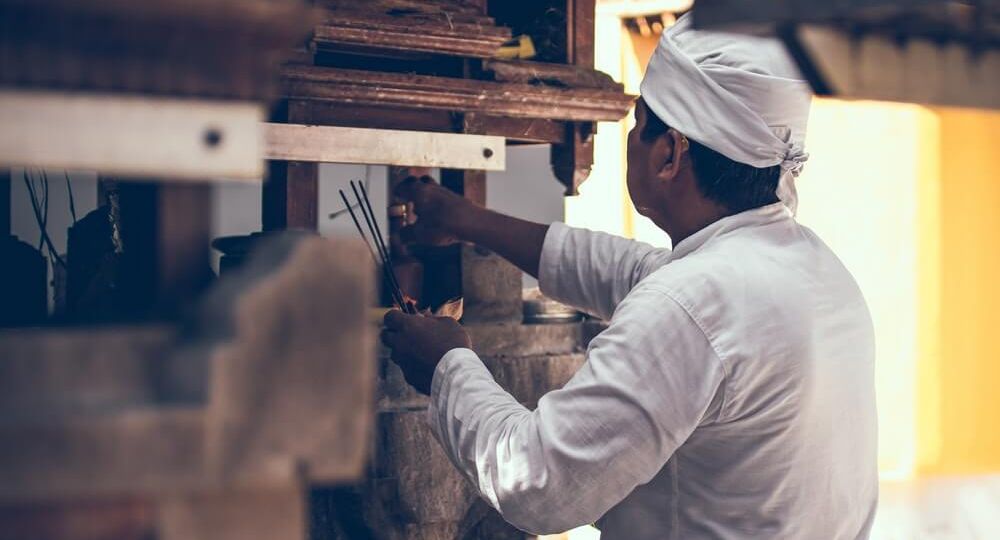In recent times, in Joint Hindu families, the property dispute has risen to a great extent. The situation demands equal distribution of properties among the family members. The history of Hindu personal laws shows us that only male family members
Hindu law
Since the evolution of mankind, we know the importance of men and women. Both are like the wheels attached to the axel of a car i.e., they need to be perfectly aligned. If there’s a little imperfection, the whole journey becomes unpleasant.
India is a land of various religions and each religion has its significant customs and traditions. The notion of marriage is no exception and the way of solemnizing it is also different across all religions. For Hindus, marriage is a “holy union”, whereas in Muslims it is contractual.
Marriage is considered as a sacramental union, and it confers the status of husband and wife on the parties to the marriage. According to Manu, it is considered a permanent union. However, as society has developed. Its views have also changed.
As a society, we often ignore the rights which an illegitimate child deserves; because being an illegitimate child, has severe socio-legal consequences on a child’s holistic development vis-à-vis rights. Society perceives extra-marital and pre-marital relationships as sin,
According to Hindu Law, marriage is one of the 16 samskaras and the union is permanent in nature and only death can dissolve it. However, this line of old thinking, wherein permanence and inviolability of marriage were their own pillars, has now eroded.
Author(s) Name: Jahnavi K Sharma (Student, Symbiosis Law School, Pune)
Authored by: Vatsala Vatsa (Student, NMIMS, Bangalore).
Authored by: Iva Mehta (Student, NMIMS Bangalore).
Authored by: Dhriti Yadav (Student, Bennett University, Noida).











